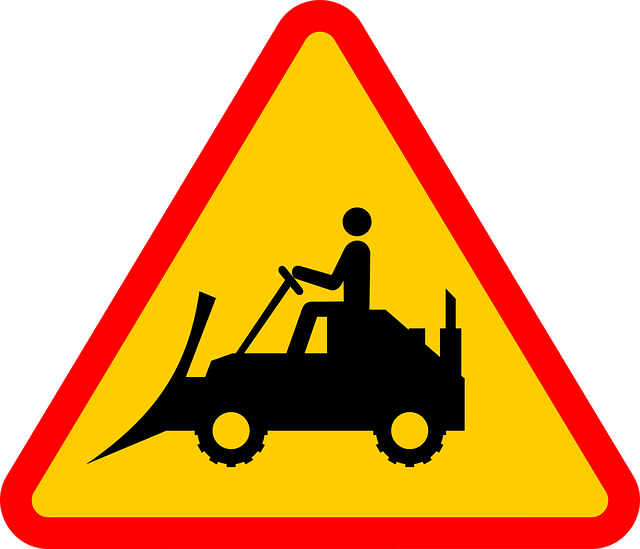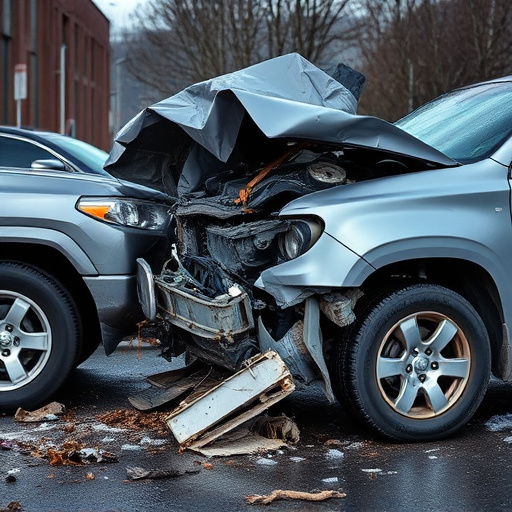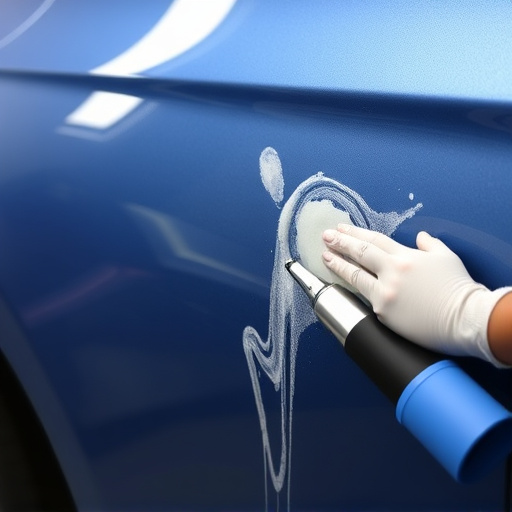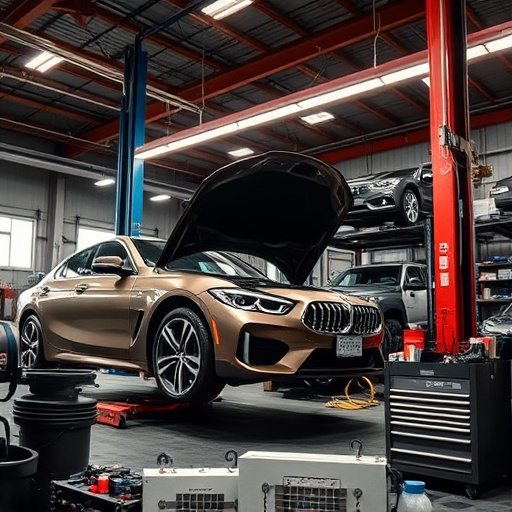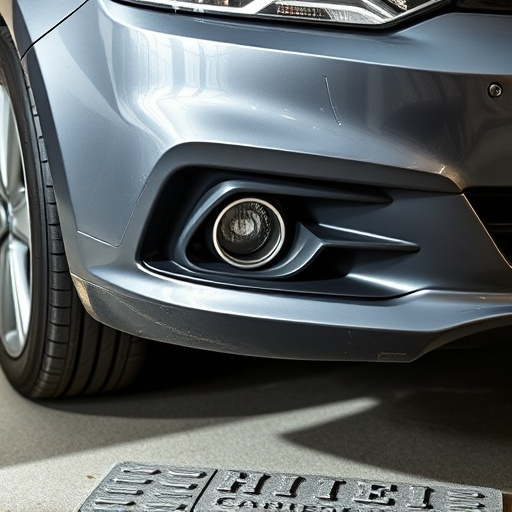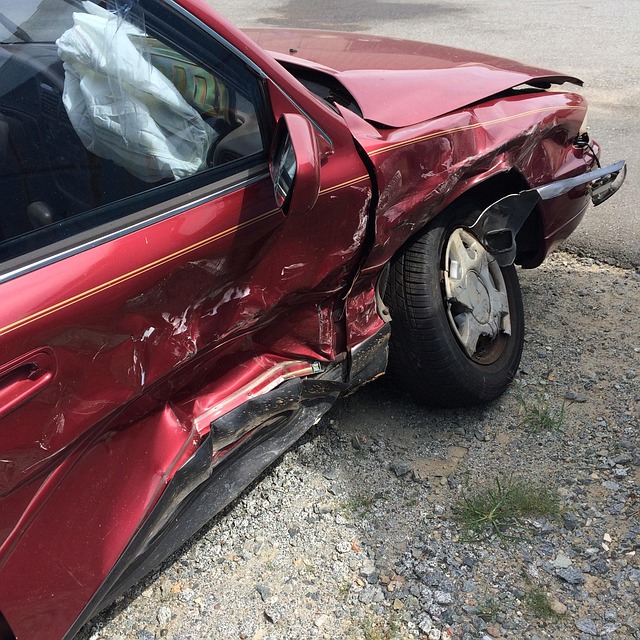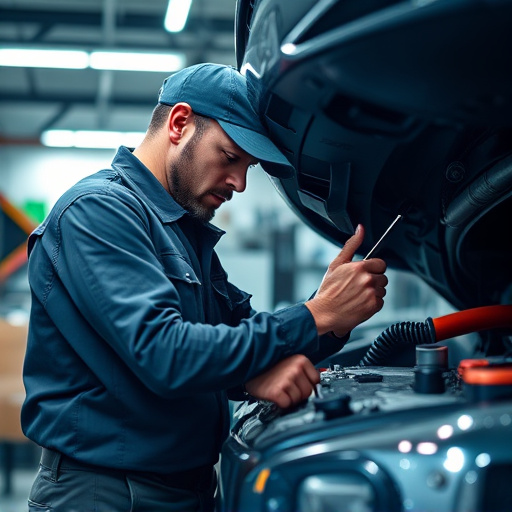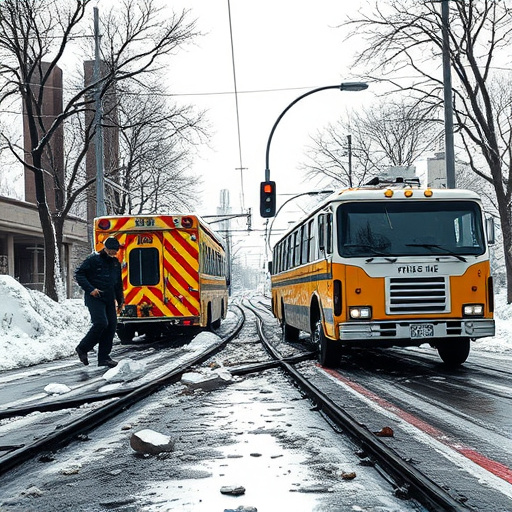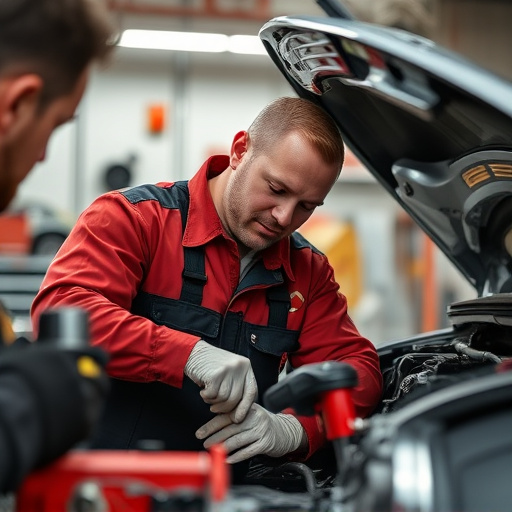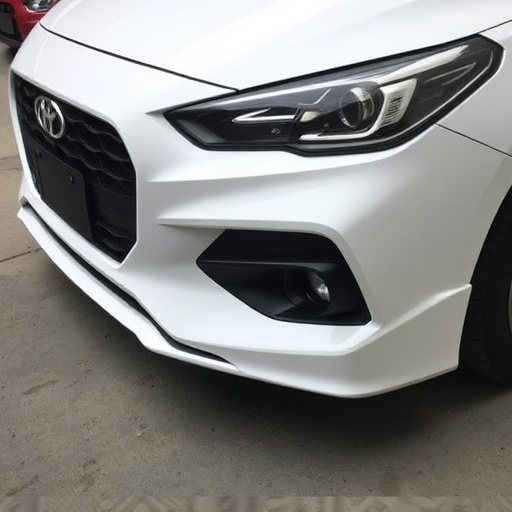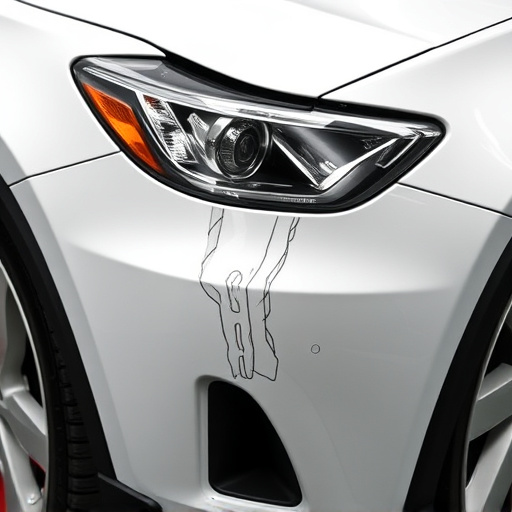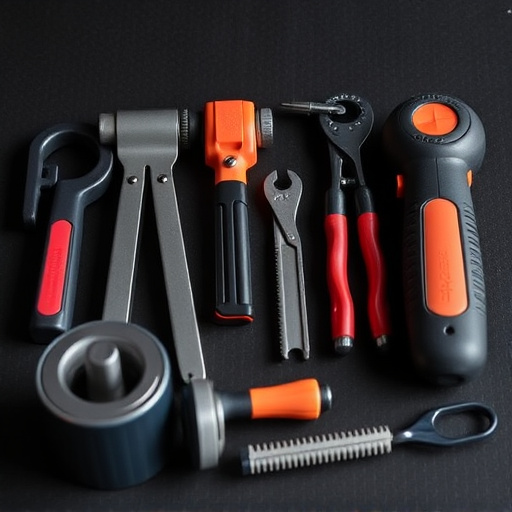Know your rights in collision repair; inquire about certifications, industry standards, part sourcing transparency, and complex repair expertise. Prioritize quality, safety, and staff training for a reliable, informed collision repair experience tailored to your needs.
Are you ready to navigate the complex process of collision repair with confidence? Understanding your rights and asking the right questions can transform what seems like a daunting task into a smoother, more satisfactory experience. This guide equips you with key insights, focusing on your collision repair rights, essential pre-repair queries, and quality assurance measures. By the end, you’ll be empowered to make informed decisions, ensuring a superior collision repair journey every step of the way.
- Understanding Your Collision Repair Rights
- Essential Questions to Ask Before Repairs
- Ensuring Quality and Safety Standards Met
Understanding Your Collision Repair Rights
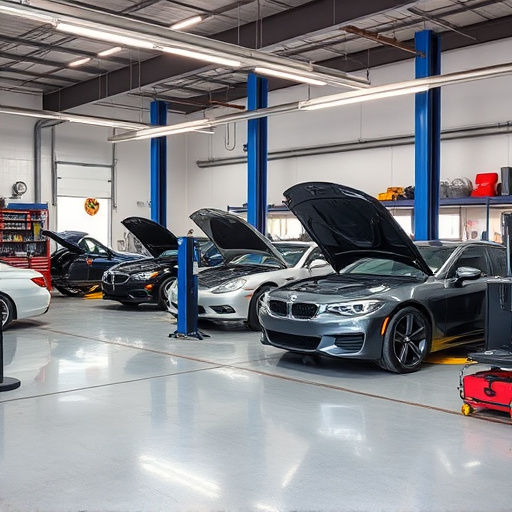
When it comes to collision repair, understanding your rights is essential for a better experience. Every driver has the right to receive quality and safe repairs after an accident. This includes having their vehicle restored to its pre-accident condition or, if that’s not possible, to be informed about the alternatives and potential costs. It’s crucial to ask your auto body shop about certifications and adherence to industry standards during the repair process, ensuring your car is in capable hands.
Knowing what services are covered under your insurance policy for both fender repair and car paint repair is vital. Insurance companies have specific guidelines, and being aware of these can help you navigate any potential surprises later. Don’t hesitate to inquire about replacement parts as well; many modern vehicles require specialized or original equipment manufacturer (OEM) parts, which can impact the overall collision repair experience.
Essential Questions to Ask Before Repairs
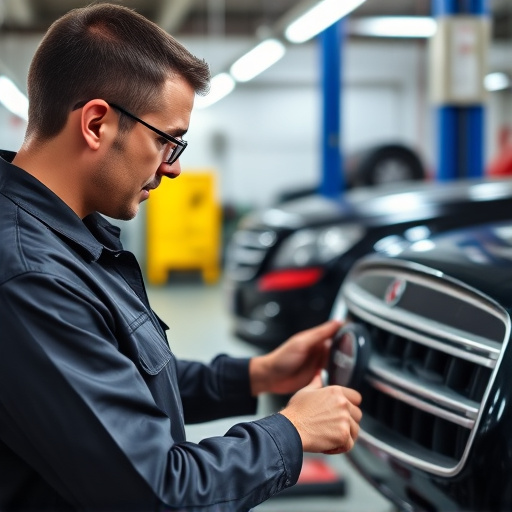
Before engaging a collision repair service, it’s crucial to ask essential questions that will set the tone for your overall experience. Start by understanding their expertise and facilities; are they equipped to handle complex repairs, including classic car restoration? Inquire about their experience in dealing with similar car damage repair cases and how many times they’ve successfully restored classic cars. This gives you an idea of their capabilities and attention to detail.
Additionally, ask about the certification and training of their technicians. A reputable collision center should prioritize continuous learning and adhere to industry standards. They should also provide transparency on parts sourcing; where do they source replacement parts, and can they offer original equipment manufacturer (OEM) or high-quality aftermarket options? This ensures you receive genuine or equivalent parts for your car damage repair, maintaining the integrity of your vehicle.
Ensuring Quality and Safety Standards Met
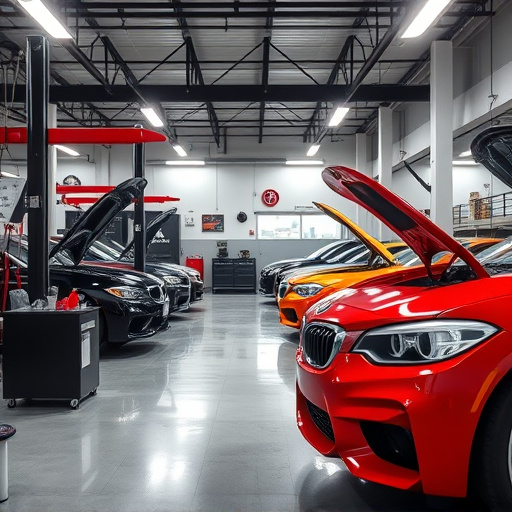
When seeking collision repair services, ensuring quality and safety standards are met should be your top priority. This means asking about certifications, training, and adherence to industry best practices. Reputable automotive body shops invest in their staff’s education and stay up-to-date with the latest techniques, including advanced dent removal methods and precision metalworking.
Inquire about the specific procedures they employ for safety, such as proper ventilation systems during paint jobs or state-of-the-art equipment for accurate measurements. These measures are crucial not only to ensure the structural integrity of your vehicle but also to protect both you and the shop’s workers from potential hazards during the repair process. After all, a reliable automotive repair shop should treat every car as if it were their own, upholding the highest standards across every step of the collision repair experience.
When navigating the process of collision repair, being an informed consumer is key to securing a superior collision repair experience. By understanding your rights, asking the right questions, and ensuring quality standards are met, you can ensure your vehicle’s safety and your satisfaction with the repairs. Remember, asking essential questions before repairs begin is a proactive step towards achieving a seamless and stress-free collision repair journey.

